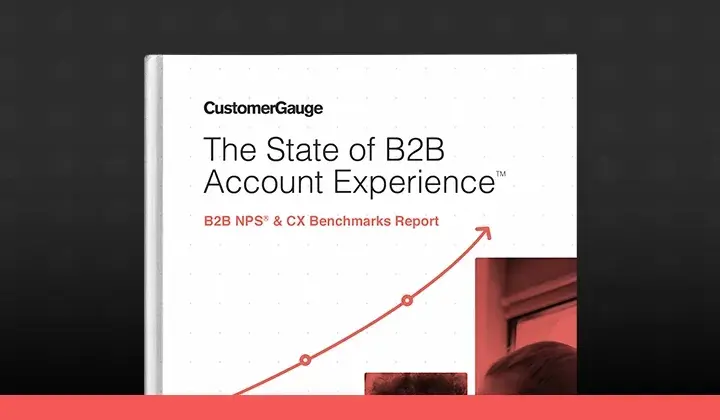Renewable energy has major utilities in customer experience bind
A movement is happening in the energy sector that is providing consumers with a better customer experience, and it’s all thanks to renewables.
In the days before renewables, energy production was solely the business of large electricity suppliers and with just a few players in each market, it meant customer experience was largely overlooked.
[caption id="attachment_16810" align="alignleft" width="358"] Community-based renewable energy has a higher NPS.[/caption]
Community-based renewable energy has a higher NPS.[/caption]
Now community-based renewable-energy projects are eating into the market share of larger utilities, by providing an experience that feels local and community focused.
Research in Europe shows Net Promoter Scores to be 20 - 35 points higher for community energy companies than traditional utilities. While, in Britain, there are now 5000 community energy projects with some having a customer base of hundreds of thousands.
This success is due to their business models being highly customer centric. They have far higher community support to push renewable projects through the planning process than the big utilities’ renewable projects because the savings flow back to the community.
The energy sector, just like so many other industries, is experiencing a shared economy, decentralization and it seems to be creating a far better experience for consumers.
More on this story right here.
How Dell and Virgin Holidays regained control of their customer experience
What goes into good customer experience? Well we all know it’s partly the product, partly the service customers receive and maybe price a little too, but what underlies all this? It’s the freedom to create the experience a company wants.
In the following, we briefly look at how Dell and Virgin Holidays - two companies with very different experiences - sought to regain control of the experience they create.
In 2013, Dell was taken private again, and not having to think quarter by quarter any longer the company has gone from strength to strength.
[caption id="attachment_16796" align="alignright" width="375"] Michael Dell might just run the world's largest start up.[/caption]
Michael Dell might just run the world's largest start up.[/caption]
At DellWorld 2015, Michael Dell spoke about the ease of managing a private company. “The last two years have been fantastic for me,” Dell said. “We’ve been able to do so much that makes me so proud like accelerating innovation.” And it’s Net Promoter Score, which is Dell’s primary way for customers to rate Dell, has never been higher, he said.
With no shareholders to please or quarterly profits to obsess over, the company has been able to think more long-term. It has given Dell the freedom to create a more differentiated offering that can service their customers from end-to-end with hardware, software, security services, cloud computing and more.
On the other side of the Atlantic, the tour operator Virgin Holidays (a Virgin Group company) regained control in its own way by deciding to turn the company into a direct-sell-only business.
As is so common in the holiday industry, package holiday deals are often resold by other agencies and for Virgin Holidays it wasn’t any different. But managing director Mark Anderson has decided that to enhance the overall experience for customers, they need to own the end-to-end experience. And this means no longer selling their products through other parties.
Both companies faced their own challenges. Dell, ruled by shareholder demands for short-term profits was unable to create the products and experiences it wanted and Virgin Holidays having a product journey partly in the hands of others meant it could not guarantee excellence all along the journey.
So, although taking a company private and changing a selling process is very different, Dell and Virgin Holidays’ actions fight against the same problem: That without control over your products and services, you won’t be able to create the experience you want.
Research shows customer loyalty starts before you think
Recent research carried out by the RAIN Group Center for Sales Research has found that the buying process is important to customer loyalty.
There is a lot of research that supports the link between satisfaction after the purchase and loyalty, but new research is showing that loyalty isn’t just due to the customer’s satisfaction with a product or service. The experience the customer receives before the purchase also impacts their later loyalty.
The new research found that the more customers were satisfied with a buying process, the more likely they were to report the same levels of satisfaction when measuring their experience with the product/service.
It’s not just about wowing customers after they buy from you, but from the moment they experience your brand.
NPS in brief
TUI has an impressive NPS of 45.
Varian Medical Systems have come in with a score of 55.
Minted, an online marketplace for independent artists and designers, has an NPS of 71.
The website management and IT solutions company, Managed.com has a very healthy 91.
The UK cloud computing company, Commensus has an NPS of 65.

